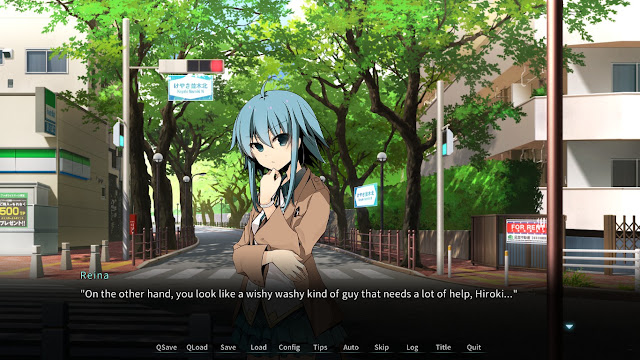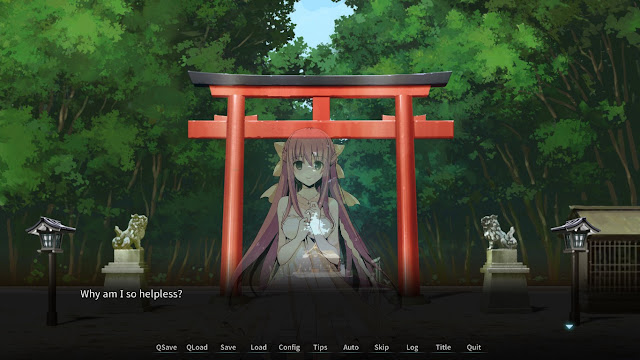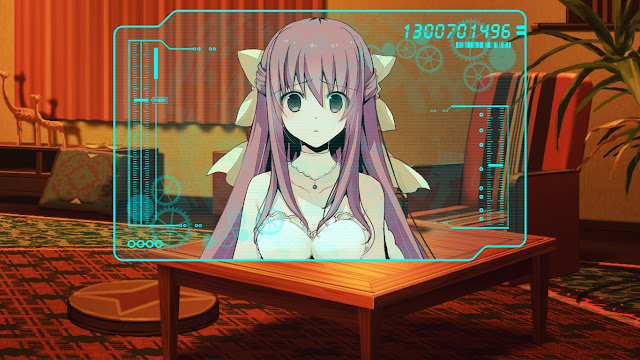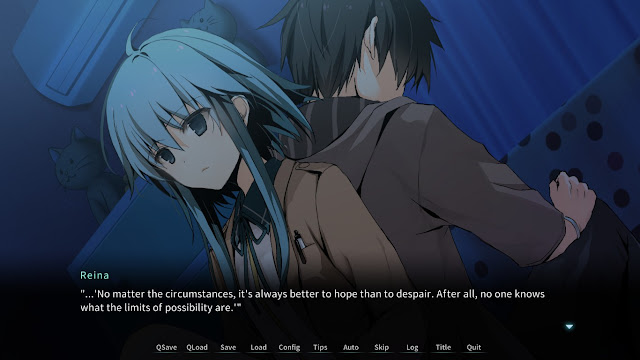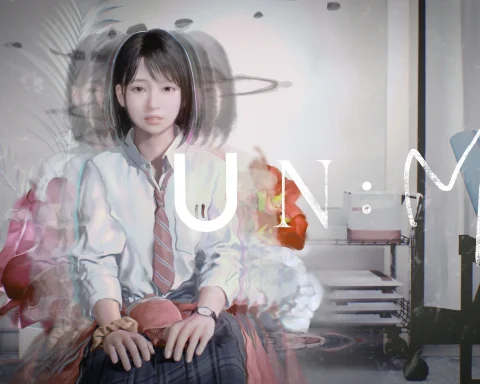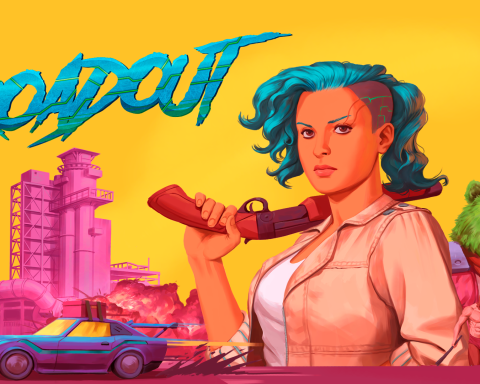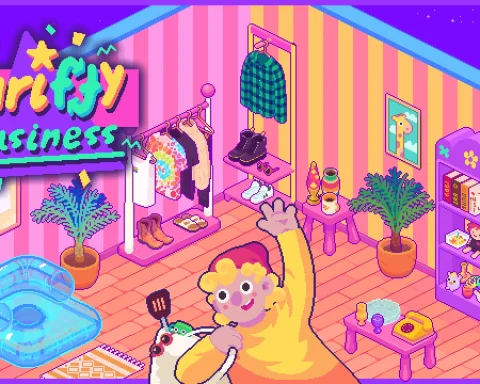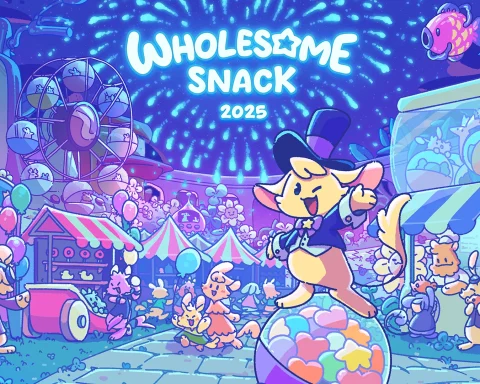Game theory by Matt C.
Suicide is something that’s not often explored in video games. Fair enough – it’s a tricky subject in any medium, let alone an interactive one. It needs a great deal of care. Getting it right is a difficult task, and there’s a lot of room for things to go wrong,
That hasn’t phased Takahashi Wataru, the founder of the Japanese indie game circle Liz Arts. Wataru’s first game, Risette’s Prescription, was a harrowing story of child abuse, self-harm, suicide, and grief. In the space of a couple of hours, it explored these difficult themes in a way that was blunt, but also careful, thoughtful, even cute and endearing. It’s a game that will shatter your heart into pieces, and then build it up again, piece by piece.
Memory’s Dogma is a much more elaborate and polished game than Risette’s Prescription. In terms of sheer length, there’s a good ten hours here (depending on your reading speed), and this is only the first episode. There’s an intricate sci-fi thriller plot that’s a framework for the more serious aspects of the game, and a reasonably captivating tale in its own right. The production values are through the roof this time around, with some phenomenal artwork and a stunning soundtrack
On paper, Memory’s Dogma is a completely different game, but it shares a lot with Risette’s Prescription. For all its sci-fi trappings and mysterious plot trajectories, it’s fundamentally a game about depression, suicide, and grief. Like Liz Arts’ previous work, it’s candid – almost comically blunt, at times – but it’s also careful and considered in its approach. As someone who lives with depression, and who’s thought seriously about suicide in the past (though it’s not something I’ve ever attempted), Memory’s Dogma hit real close to home for me.
To read on, please log in to your DDNet Premium account:


